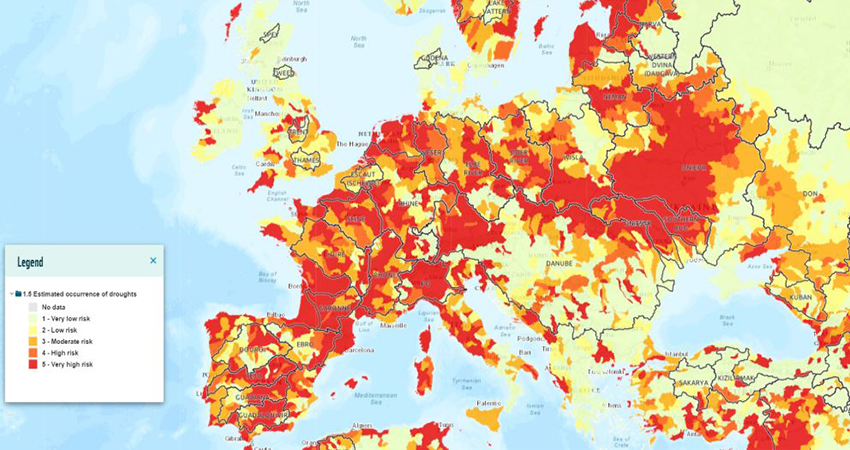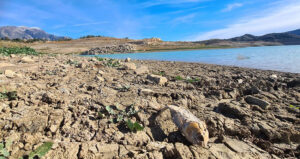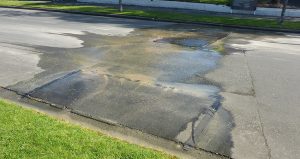WWF: Poor water management in Europe aggravates drought

-
 Editorial Team
Editorial Team
Share article:
Poor management of rivers, lakes, wetlands and groundwater of EU Member States is worsening the impacts of drought. Sixty per cent of Europe’s water bodies currently fail to meet the good status that is required according to the Water Framework Directive (WFD). According to the World Water Forum (WWF) healthy freshwater ecosystems are better fit to adapt to climate change and thus they plea in a new report published the 22nd of July for full implementation of European water law.
The report states measures taken by EU Member States have largely been reactive, rather than preventative. On the whole, water authorities have attempted to deal with droughts once the negative effects are occurring or have already occurred. But droughts and water scarcity must be addressed when it is still possible to save the water provided by our freshwater ecosystems in anticipation of the next drought.
Undermining WFD
The World Water Forum is worried about the fact that many EU Member States are continuing to push the European Commission to weaken the Water Framework Directive because, according to them, it is the only tool that will help to better face climate change. By stretching water resources thin, poor water management threatens future water supplies and makes these ecosystems far less able to cope with climate change.
Healthy rivers
A key mission of the Water Framework Directive is to mitigate the impacts of droughts and ensure that freshwater ecosystems are resilient enough to cope in a changing climate, and subsequently able to keep supplying good quality water during dry periods. The central role of healthy freshwater rivers in adapting to climate change were outlined in a recent global report from WWF and the world’s largest brewer AB InBev.
Bad status
In the face of climate change, droughts are becoming increasingly common and severe. The latest data indicates that even Europe’s northernmost countries are experiencing the first warning signs of drought. The majority of European waters currently fail to meet the WFD’s ‘good status’ requirement, despite evidence showing that freshwater ecosystems which are not healthy – for instance, through pollution, changes to shape or flow, or the pressures of over-abstraction (excessive use of water, such as for the purposes of irrigation) – are those hardest hit by drought, heat and floods.
The danger of reservoirs
Virtually all of Europe’s rivers have had their flows regulated by dams or reservoirs in order to increase their capacity to provide water to users. ‘Reservoirs only provide a finite supply of water and do disrupt the natural balance of freshwater ecosystems. The danger of relying heavily on reservoirs is perfectly illustrated by the threat of Day Zero in Cape Town in 2017’, warns WWF.
Recommendations
According to WWF the European Member States should develop more effective and ambitious third-cycle river basin management plans (2021-2027) and associated programmes of measures to bring European waters to good status by 2027. Europe should also restrict their use of exemptions significantly and apply in full the ‘polluter pays’ principle. That also means ensuring that water pricing reflects the true value of water and that all users, including agriculture, contribute to the full costs of water services in a more equitable way. They also recommend an increase of nature-based solutions and dam removal to ensure that freshwater biodiversity can spread back into degraded areas.

















